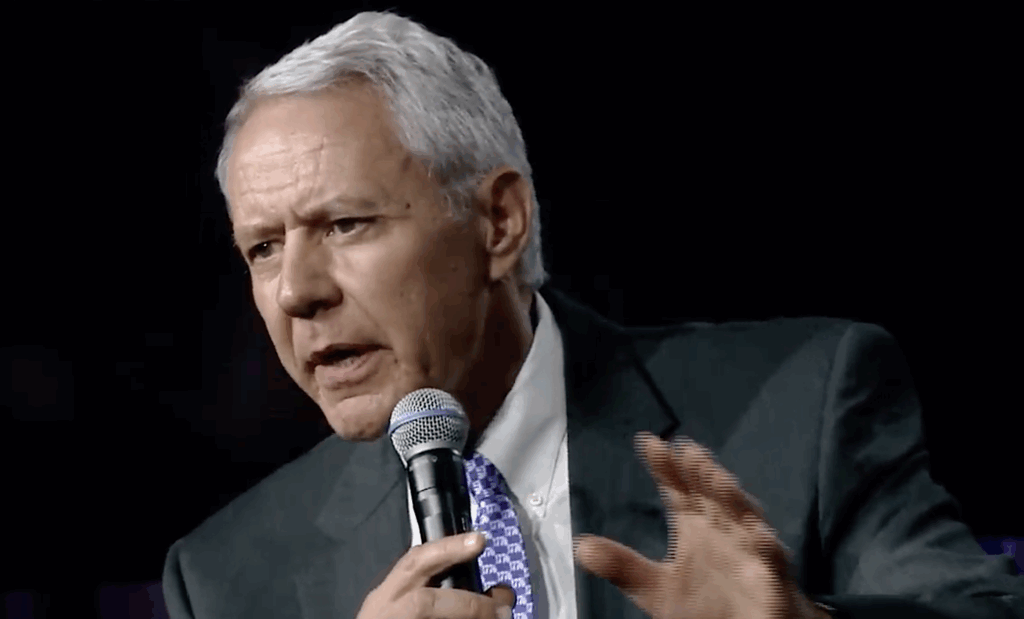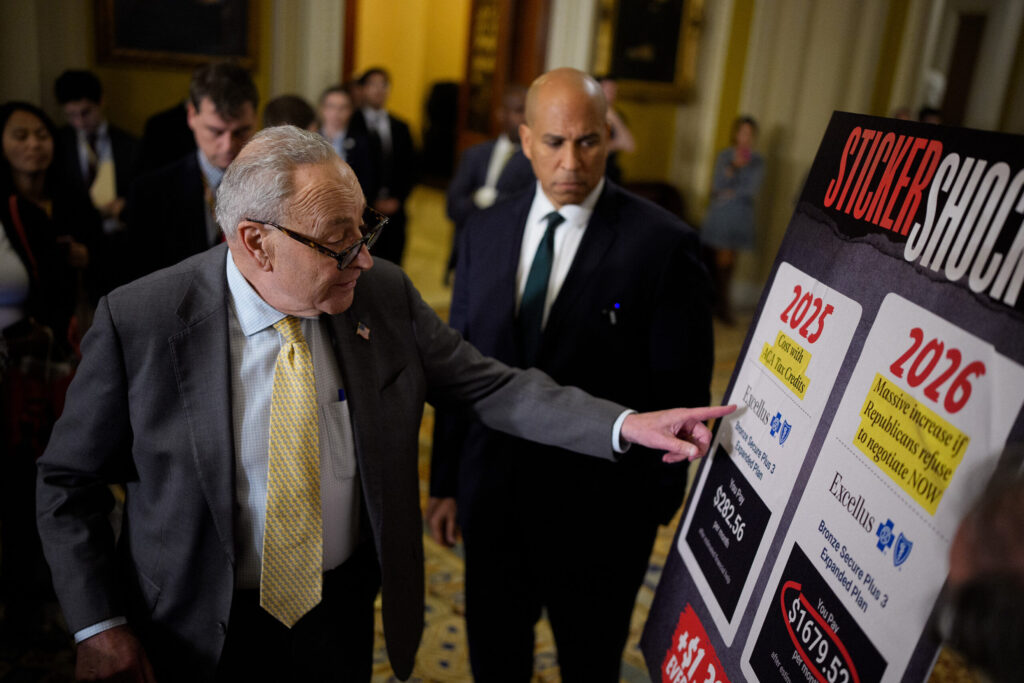Bennet ends suspense, sides with White House in support of Iran deal

U.S. Sen. Michael Bennet ended weeks of speculation Friday by coming out in favor of the Iran nuclear agreement, becoming one of the last senators to declare a position on an issue that has bedeviled congressional Democrats.
In a statement, Bennet cited his “exhaustive review of the agreement,” including “briefings from our own defense, national security and intelligence experts, international inspection and verification experts, regional experts, former Israeli military and intelligence officials, and the P5+1 ambassadors as well as Israel’s Ambassador to the United States.”
As a result, he said, “I have concluded that this agreement is more likely to prevent Iran from acquiring a nuclear weapon than the plausible alternatives. I will vote, therefore, to support the agreement.”
At the same time, Bennet moved to head off criticism by announcing he would introduce legislation with Maryland Sen. Ben Cardin, the top Democrat on the Senate Foreign Relations Committee, to direct more aid to Israel, echoing a pledge made by Secretary of State John Kerry in reaction to fears about the deal’s impact on Israeli national security.
The legislative package would also include provisions to track the “incremental resources that Iran obtains from sanctions relief and new investment,” work with allies to counter Iranian-sponsored terrorist threats, and “clarify better how we will respond if Iran cheats on this deal,” Bennet said.
Bennet’s announcement came as several other Democrats also jumped off the fence, notably Cardin, who on Friday morning became the third Senate Democrat to come out in opposition to the agreement. Republicans are uniformly opposed to the deal, which lifts economic sanctions on Iran in exchange for limits and inspections on its nuclear capability.
Bennet’s difficulty reaching a decision on the deal comes as testament to its complex geopolitical implications, opposition from Israeli Prime Minister Benjamin Netanyahu, and unpopularity with large swaths of the American public, particularly members of the pro-Israel community.
Two national polls released earlier this week show that most of those surveyed want Congress to reject the deal, with a Quinnipiac University Poll posted Tuesday reporting that 55 percent oppose it and only 25 percent support it. (However, a poll released this week by the University of Maryland’s Center for International and Security Studies found that 55 percent of Americans supported the deal when pollsters provided information about the terms of the deal, with 45 percent opposed.)
Bennet has to grapple with not just the national security consequences of his decision but also the political implications. He faces the real possibility that the agreement will become a campaign issue in 2016 as he seeks reelection amid polls showing so far only lukewarm support.
Denver political analyst Floyd Ciruli called the decision “a raging river that he had to cross, and I think he got across it.”
“Will he see this issue in the election? Yes. And is there some possibility that Iran will do something so egregious that a year from now — in other words, September, when we actually start to think about this — that this becomes a liability? Yes, that was part of that raging river,” Ciruli said.
“But in my opinion, the safer politics is what he did. To reduce the risk, go with what appears to be the sort of the world sentiment at the moment and certainly the Democrats’ position,” Ciruli said.
So far no leading Republican is challenging Bennet, but state Sen. Tim Neville, R-Littleton, who is weighing a bid, offered an example Friday of what the Democratic incumbent is likely to encounter on the campaign trail.
“Iran’s leaders routinely shout ‘Death to America’ and gladly ship arms and funding to our enemies. So why would U.S. Sen. Michael Bennet support a deal which strengthens and provides cover to the government of Iran?” said Neville.
Critics of the agreement have been particularly outraged by the lifting of sanctions, which is expected to release as much as $150 billion previously frozen funds back to Iran.
“Sadly, the Iran deal is yet another example of political calculation by Senator Bennet,” Neville said. “Ordinary Coloradans and Americans know this rotten deal should be opposed. Yet Senator Bennet chooses instead to back the weak and dangerous foreign policies of the current Administration.”
Congress is expected to vote on the agreement later this month, and while Republicans have the votes to defeat it, President Obama has the 34 votes needed to stop the Senate from overriding his veto. With 41 votes, Senate Democrats could block a vote entirely with a filibuster.
The Denver media market has recently been saturated with television and social-media ads both for and against the deal, adding to the pressure on Bennet.
Conservative-leaning Compass Colorado’s Kelly Maher pointed out that Bennet’s announcement comes on the Friday before Labor Day weekend.
“Make no mistake, it is not a coincidence that Sen. Bennet is dumping this news on the Friday before a long weekend in a failed attempt to blunt the political damage,” said Maher. “This deal is a slap in the face to Israel and once again proves that Bennet will side with President Obama over Coloradans.”













